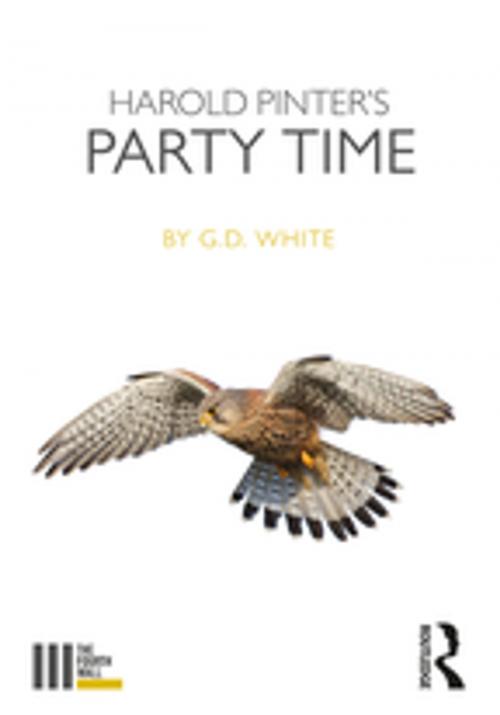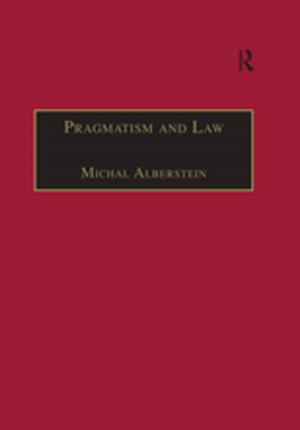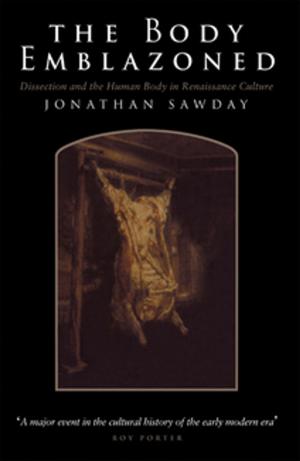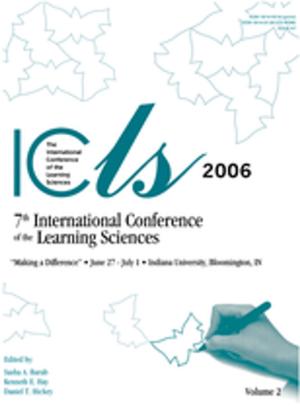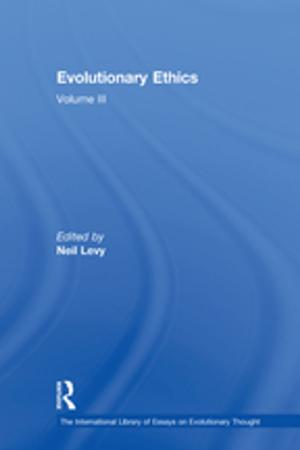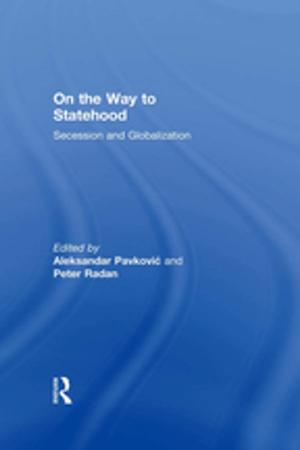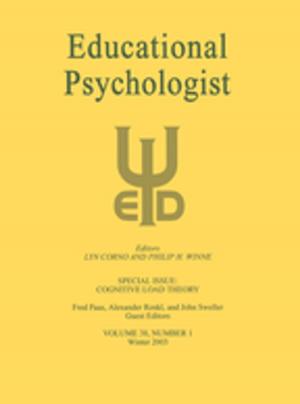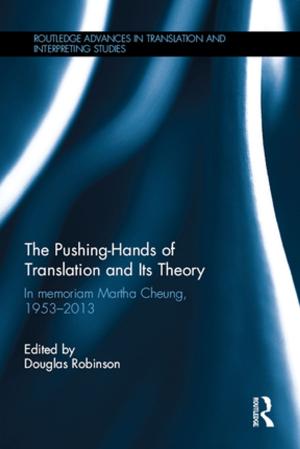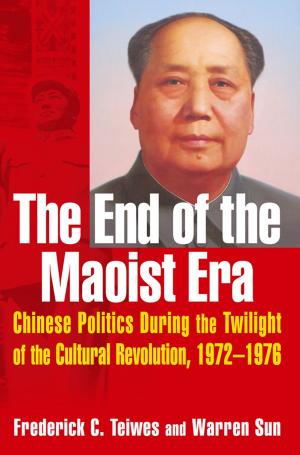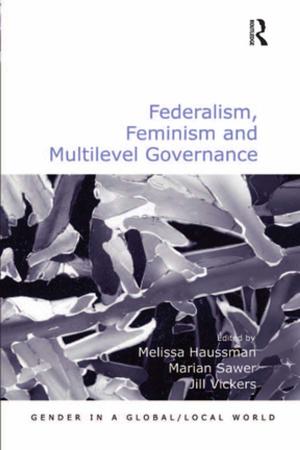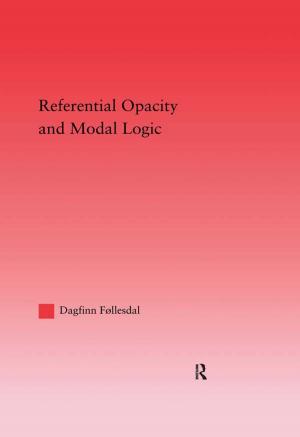| Author: | White G. D. | ISBN: | 9781317195757 |
| Publisher: | Taylor and Francis | Publication: | September 13, 2016 |
| Imprint: | Routledge | Language: | English |
| Author: | White G. D. |
| ISBN: | 9781317195757 |
| Publisher: | Taylor and Francis |
| Publication: | September 13, 2016 |
| Imprint: | Routledge |
| Language: | English |
‘All you have do is shut up and enjoy the hospitality.’ Terry
Harold Pinter’s Party Time(1991) is an extraordinary distillation of the playwright’s key concerns. Pulsing with political anger, it marks a stepping stone on Pinter’s path from iconic dramatist of existential unease to Nobel Prize-winning poet of human rights.
G. D. White situates this underrated play within a recognisably ‘Pinteresque’ landscape of ambiguous, brittle social drama while also recognising its particularity: Party Time is haunted by Augusto Pinochet’s right-wing coup against Salvador Allende’s democratically elected government in Chile.
This book considers Party Time and its confederate plays in the dual context of Pinter’s literary career and burgeoning international concern with human rights and freedom of expression, contrasting his uneasy relationship with the UK’s powerful elite with the worldwide acclaim for his dramatic eviscerations of power.
‘All you have do is shut up and enjoy the hospitality.’ Terry
Harold Pinter’s Party Time(1991) is an extraordinary distillation of the playwright’s key concerns. Pulsing with political anger, it marks a stepping stone on Pinter’s path from iconic dramatist of existential unease to Nobel Prize-winning poet of human rights.
G. D. White situates this underrated play within a recognisably ‘Pinteresque’ landscape of ambiguous, brittle social drama while also recognising its particularity: Party Time is haunted by Augusto Pinochet’s right-wing coup against Salvador Allende’s democratically elected government in Chile.
This book considers Party Time and its confederate plays in the dual context of Pinter’s literary career and burgeoning international concern with human rights and freedom of expression, contrasting his uneasy relationship with the UK’s powerful elite with the worldwide acclaim for his dramatic eviscerations of power.
